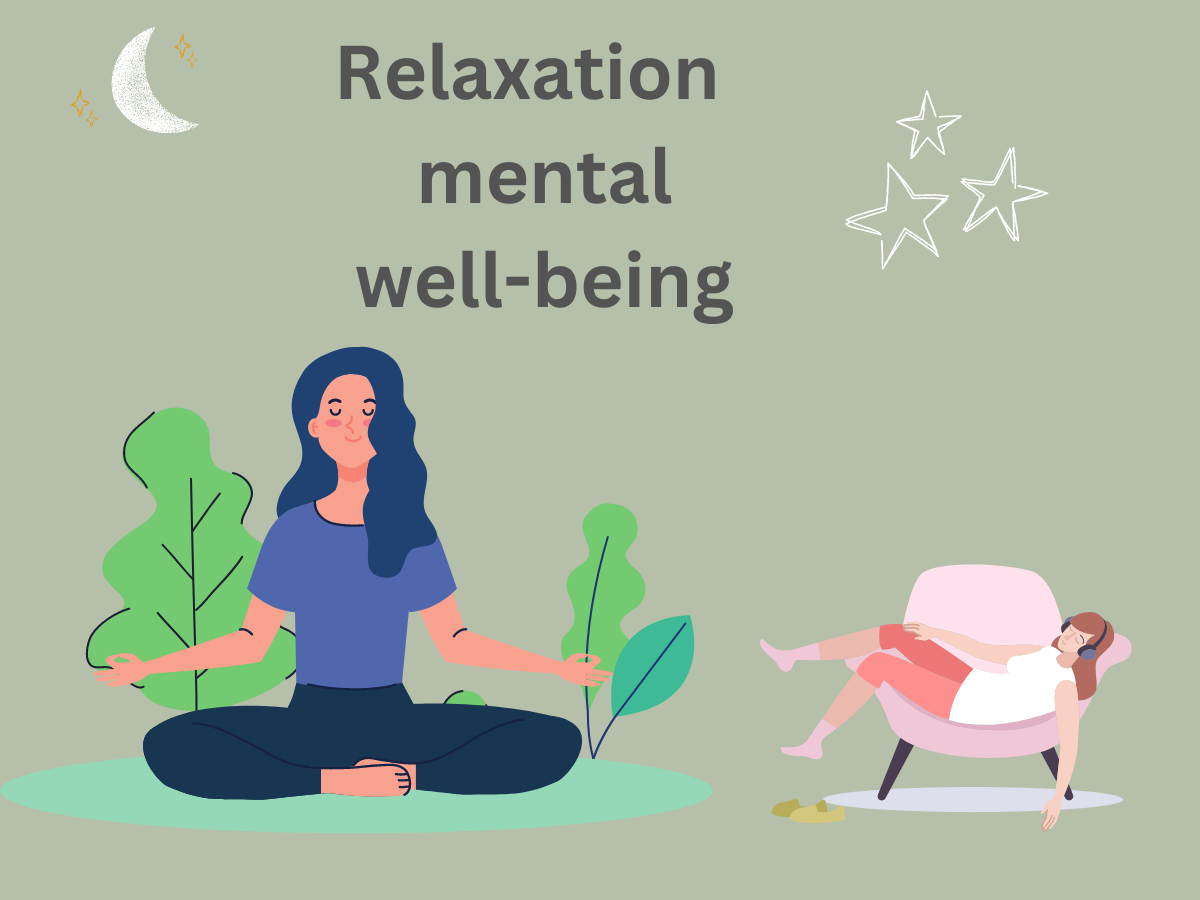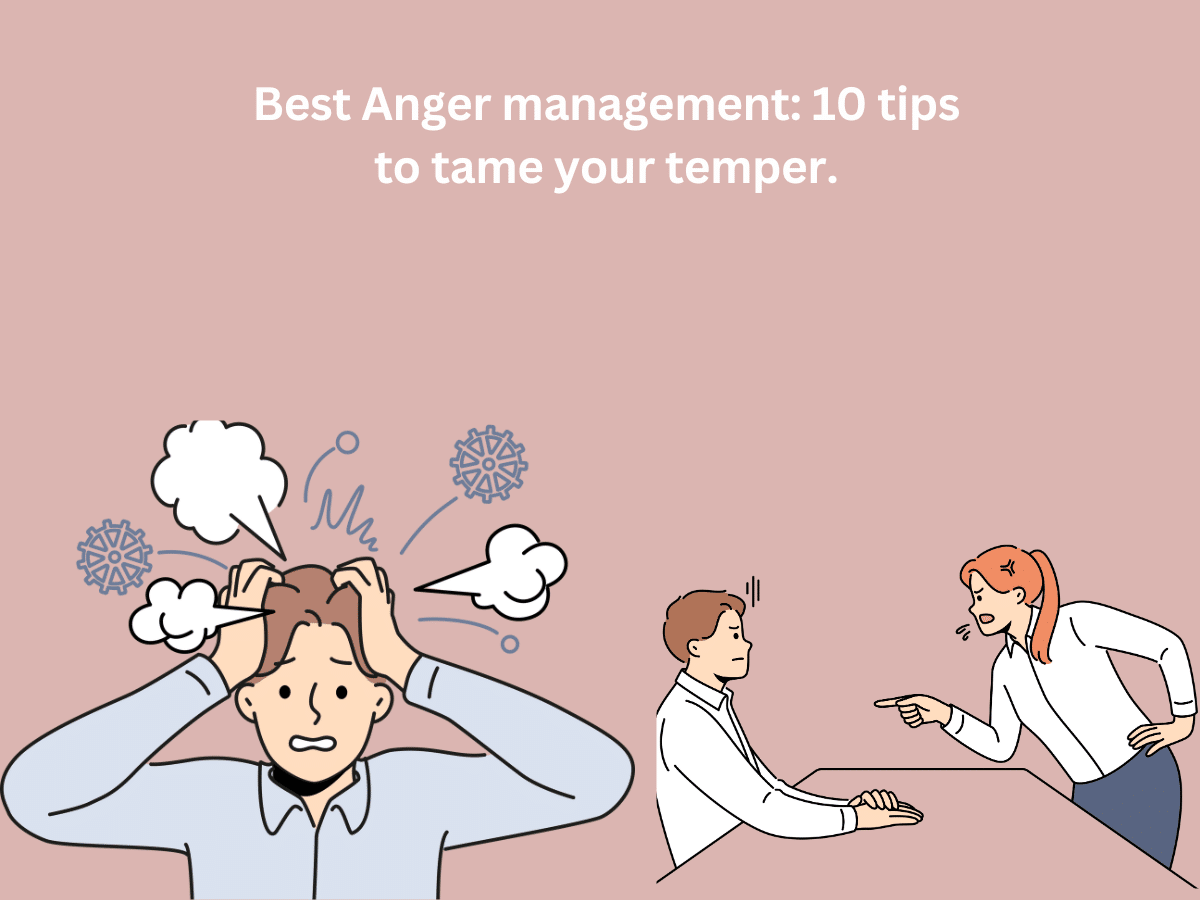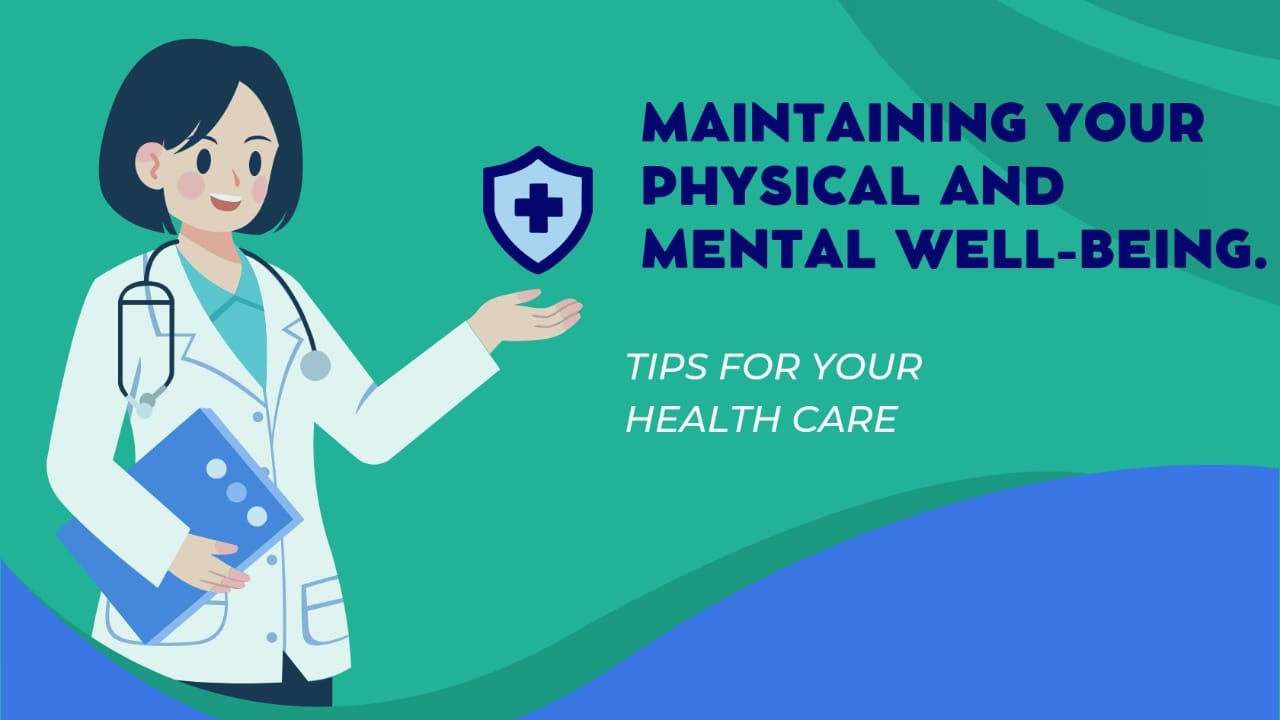How to control anger immediately.
Introduction
Anger is a basic human emotion that we all experience at some point in our lives. While anger itself is not necessarily a negative emotion, it can become destructive if not managed properly. In this article, we will explore effective strategies and techniques that can help you control anger immediately. By learning to channel and express your anger in a healthy manner. You can improve your relationships, increase your productivity, and enhance your overall well-being.
I.Understanding Anger
- 1. Causes of Anger:
a) Frustration and unmet expectations
b) Feeling disrespected or treated unfairly
c)Personal insecurities or fears
d) Emotional triggers from past experiences - Physical and Emotional Manifestations of Anger:
a) Increased heart rate and blood pressure
b) Muscle tension and clenched fists
c)Irritability, restlessness, and intense frustration
d) Verbal aggression or explosive outbursts
II.Immediate Anger Management Techniques
- Recognize the Triggers:
a) Identify situations, environments, or individuals that spark anger.
b) Develop self-awareness to detect the early signs of anger escalation. Take a Pause:
a) Pause for a moment to acknowledge your anger and its intensity.
b) Step away from the triggering situation to gain perspective.Deep Breathing Exercises: a) Inhale and exhale deeply to slow down your heart rate and calm your body. b) Focus on your breath, letting go of tension with each exhale.
Count to Ten: a) Mentally count to ten to redirect your focus and give yourself time to cool down. b) Use this brief interval to reflect on the consequences of an impulsive response.
- Use Self-Talk and Positive Affirmations:
a) Replace negative thoughts with positive self-talk to regain control.
b) Repeat affirmations such as “I am in control of my emotions” or “I choose calmness.” Practice Assertive Communication:
a) Express your anger calmly and assertively, using “I” statements instead of blaming others.
b) Advocate for your needs without resorting to aggression or passive-aggressive behavior.
III. Long-Term Anger Management Strategies
- Seek Professional Help:
a) Consider therapy or counseling to address deeper underlying causes of anger.
b) Learn effective coping mechanisms from mental health professionals. Cultivate Emotional Intelligence:
a)Develop self-awareness, empathy, and the ability to regulate your emotions.
b)Practice mindfulness techniques like meditation to improve emotional resilience.Empower Yourself with Problem-Solving Skills:
a) Reflect on what triggers your anger and brainstorm solutions to address these triggers.
b) Seek assistance and support when needed to resolve conflict constructively.
Conclusion
Anger is a powerful emotion that can impact various aspects of our lives if left unchecked. Effectively managing anger immediately is essential for our mental and physical well-being. By recognizing the triggers, utilizing immediate anger management techniques, and embracing long-term strategies, we can gain control over our emotions.
Remember, anger is natural, but how we choose to express and manage. It determines the impact it has on ourselves and those around us. Take proactive steps to channel your anger constructively and cultivate healthier relationships, both personally and professionally.
Rejun
Welcome to RejunHub.com- Your Trusted Source for Health and Wellness Insights!. Discover a healthier you with my experience health and wellness tips. Join my community for a vibrant life. Your well-being is our priority!.








